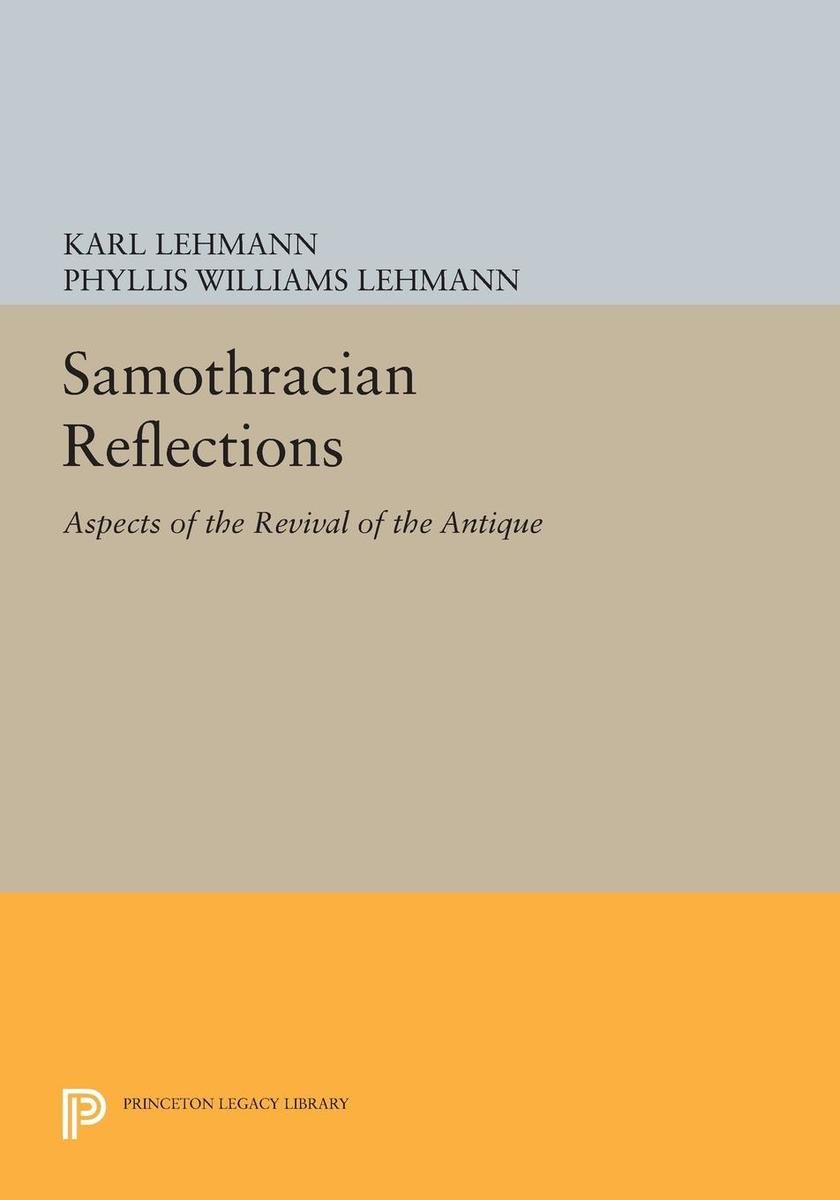These three essays were inspired by the Samothracian discoveries. Cyriacus of Ancona's visit to the island and his assessment of what he saw are the subject of the opening essay. This is followed by the first detailed and comprehensive analysis of Mantegna´s Parnassus, a painting which Mrs. Lehmann suggests reflects in its theme and imagery the use of a limited number of ancient sculptures and texts. The final essay is a discussion of the postclassical transformation of the iconographic type of the ancient ship-fountain.
Originally published in 1973.
The Princeton Legacy Library uses the latest print-on-demand technology to again make available previously out-of-print books from the distinguished backlist of Princeton University Press. These editions preserve the original texts of these important books while presenting them in durable paperback and hardcover editions. The goal of the Princeton Legacy Library is to vastly increase access to the rich scholarly heritage found in the thousands of books published by Princeton University Press since its founding in 1905.


